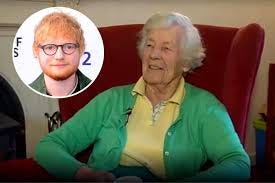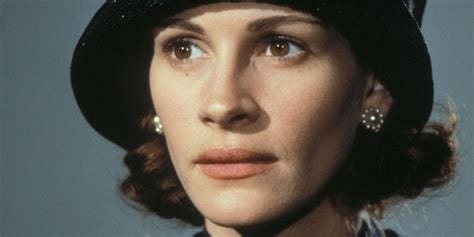Ed Sheeran on identifying as Irish
“But he was born in Halifax, England, so he’s English” no one said
“I identify culturally as Irish…I feel like just because I was born in Britain doesn't necessarily mean that I have to just be British, there's loads of people I know that are half this or quarter this.” Ed Sheeran
It’s not like the millionaire (billionaire?) musical phenom with many hits and multitudes of fans woke up one day and said, “I’m Irish now.” What? You didn’t know he was English not Irish? But that red hair! He may have only last month declared his Irishness on a podcast but it’s been obvious for years to anyone who’s been listening.
I haven’t.
His declaration of ethnic independence from his native England - born in Halifax, raised in Suffolk, discovered in London – seemed less like the cry of an Irishman living in an Englishman’s body and more like a bid to make a little news in the overheated Sheeranosphere.
It worked.
Ed Sheeran's bitter family rift as star faces backlash for 'identifying culturally' as Irish - Headline in Mirror.co.UK (Tabloid bollocks by the way. No “rift” and little “backlash.”)
There are plenty of important battles being fought these days over how people choose to “identify.” This isn’t one of them. As far as I know, there are no medical treatments for ethnic reorientation. Nor are there debates over which public toilets (leithris phoiblí in Ireland) he should be using.
“My dad is Irish. My family is Irish. I have an Irish passport. The culture I was brought up around is Irish. The first music I learnt was Irish. Just coz I was born somewhere else doesn't change my culture, I can be allowed to feel connection to a place half of my family is from."
If his goal was to get some old guy in Oregon to give his music another listen and maybe find a song or two to his liking, it worked.
CONCEIVED IN CONFLICT
During World War Two, Anne Mary, a girl from Co. Wexford in Ireland, met William, a boy from Belfast training to become a dentist, at a party thrown by nurses who worked at Guy’s Hospital in London. The world may have been in a hell of a way, but they fell in love.
There was a problem. Both were Irish but Anne was Catholic and Bill was Protestant. Her parents objected strongly to the relationship. His folks were not happy either. But if every “mixed” couple in Ireland abandoned their romances when the relatives resisted, there’d be lot fewer weddings in the south or the north of that divided island.
The mixed marriage took place in 1954 at a Catholic Church in Co.Wexford. Obviously compromises had been made. Never mind that the church was half empty, the two lived happily ever after. Eight children, 23 grandchildren and five great grandchildren they had. When Anne died in 2023 it was in a rest home just blocks from the church where she was married.
Nancy Mulligan and William Sheeran married in 1954. He died in Dec. 2013 (Ed wore one of his ties to the Grammys in 2014). She died in April 2023.
One of those grandkids is Ed Sheeran. Anne Mary Mulligan was the name on her Baptismal certificate but everyone knew her as Nancy. Nancy Mulligan is one of the two “Irish cuts” on his third lp.
On the summer day when I proposed
I made that wedding ring from dentist gold
And I asked her father, but her daddy said, no
You can’t marry my daughter
To be honest, I didn’t hear anything from Ed Sheeran on Spotify that made me want to hear more. Except the song Nancy Mulligan. Backed by Beoga, trad musicians from the north of Ireland, it’s a ripper of a song that tells a good story and it’s now number 2,560 on my Liked Songs. (Ranked not like a Billboard chart but by when it was added to my Playlist.)
She and I went on the run
Don’t care about religion
I’m gonna marry the woman I love
Down by the Wexford border
Times were very different then. A Catholic marrying a Protestant, or vice versa, often lead to ill will and bitter family riffs all around. In the case of Nancy and Bill Sheeran though, things worked out well. That’s not always the case. Estrangement over such marriages are generational. Have you heard of Irish Alzheimer's? You forget everything except the grudge.
When Nancy Mulligan first heard the song her grandson had written about her. (The “money scene” comes at the end, of course.)
Name the film
DISCLAIMER - Though I hold a leadership position with the Portland Hibernian Society, any opinions given at Gallagher’s Celtic Corner are strictly those of the author and no one else.
Post 25







